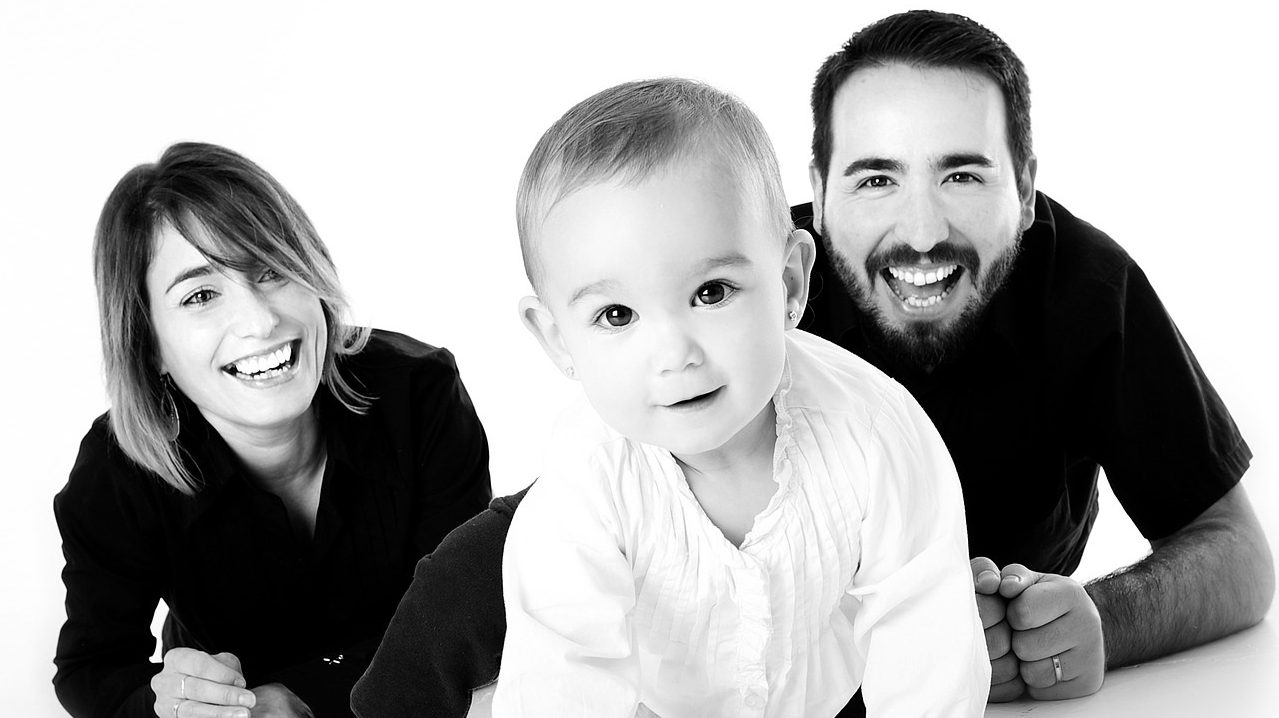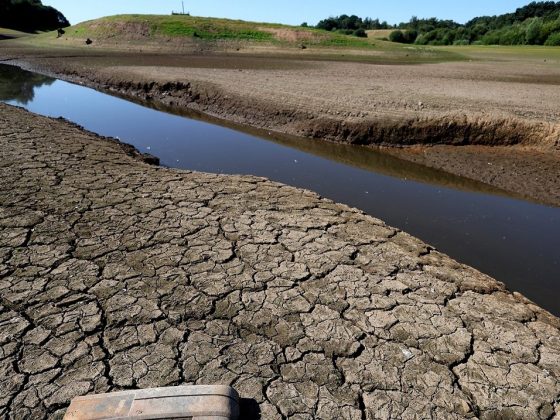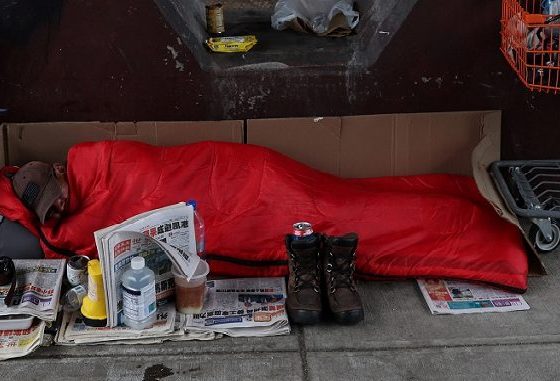We feel confident when we are hopeful about the future.
When we have something to look forward to, we have a reason to live. If we lose it, we lose hope, happiness, and might even become suicidal. The future is more important to us than the present because the present will pass, but if the future is bleak, it makes everything black.
Look at how much we invest to secure our future: health insurance, home insurance, social security, life insurance, car insurance, and if we can, we save money in various forms of investments and savings accounts. We do all these precisely because we are so uncertain about the future.
“As our world changes, it is becoming increasingly interconnected, and everyone influences everyone else. We are all dependent on each other, and the network of ties exposes our need for mutual responsibility, which we do not have.”
Previously, our family was our anchor, our safe haven. That is no longer the case. We often feel alone and isolated, and cannot be certain that anyone will come to our aid when we need it. We are living in the age of loneliness.
As our world changes, it is becoming increasingly interconnected, and everyone influences everyone else. We are all dependent on each other, and the network of ties exposes our need for mutual responsibility, which we do not have.
At the same time, revealing our lack of solidarity is the first step toward building it, since if we do not know that we need something and do not have it, we will not try to gain it. Therefore, now that we have realized that we are interdependent, we should begin to learn how to conduct ourselves in such a society.
Our task today is to restore confidence in the future, and thereby happiness. We will achieve this only by adapting our society to the integrated reality of our lives. In other words, we need to learn to care for one another to the extent that we are dependent on each other.
“Our task today is to restore confidence in the future, and thereby happiness. We will achieve this only by adapting our society to the integrated reality of our lives. In other words, we need to learn to care for one another to the extent that we are dependent on each other.”
A newborn baby is completely dependent on its mother. However, the mother’s love for her baby makes both the baby and the mother happy. The correspondence between the level of dependence and the affection they feel for one another makes the dependence pleasant rather than a burden, which is how we feel it in our relations with people for whom we do not care.
Dependence without mutual care, therefore, leads to lack of confidence and happiness. Dependence joined by mutual concern leads to feeling confident and happy. Since dependence is an irrevocable fact, if we want to feel secure and happy, we must learn to care for one another.
Achieving this requires everyone’s participation. There need to be appropriate educational programs, participation of the members of the community or town, and eventually all of society, as well as a proper emphasis on developing such programs on the part of the authorities. Currently, we are still looking for other solutions and try to deal with each problem separately. When we find that our efforts lead to no solution unless we deal with the root of the problem, we will be willing to make a coordinated, collaborative effort to change our society for the better by learning to become more caring individuals.











